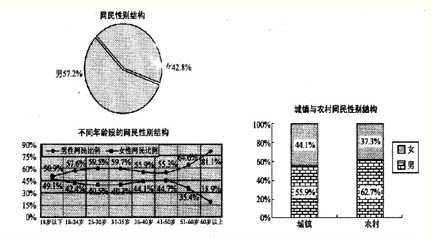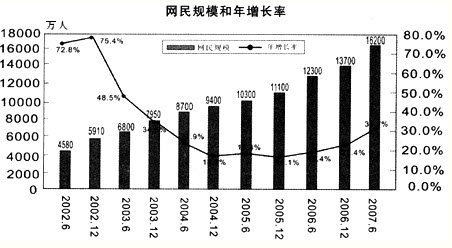
创建自己的小题库
搜索
【简答题】


Questions 47 to 51 are based on the following passage.
Are passwords out of fashion It’s starting to seem like it. Everybody hates them, and nobody can remember all the ones they’ve created. These days a typical netizen (网民)has dozens of online accounts. If you really want to be safe, you need to have a different password for each one, and each password needs to be incredibly complicated, with a mix of capital letters, symbols, and numbers. Who can keep all that stuff in their heads
Most people don’t bother. Some just make up one password and use it everywhere. Others might have a few passwords’--one for all their banking and financial stuff, one for their social networks. one for email. Problem is that if one site gets hacked, the bad guys now have the password that you use elsewhere. These hacks are happening so frequently these days that you might as well assume there is no way to keep a password secret.
Computer scientists realize the system is broken, and they’re looking for alternatives. But most attempts haven’t been very good. Fingerprint readers require special hardware, and a lot of people find them strange and don’t want to use them. Smart cards and tokens can be lost or stolen." We’ve tried all sorts of other approaches, but we end up back with passwords. They’re the least worst in a series of bad options," says Rich Mogull, CEO of Securosis, a security consultancy.
Markus Jakobsson, a veteran security researcher with a Ph. D. in computer science, has come up with something he calls "fast words”’. Instead of inventing a complicated password, you join three words that come from a thought known only to you. If one day you were driving to work and ran over a frog that ended up flat, you might choose "frog work flat. "
Some advantages: You can enter the three words in any order ("flat frog work"),and the system still knows that you’re you. If you totally blank, the fastword system will tell you one of the three words, which should enable you to remember the original thought and thus the three keywords. Jakobsson says one large service provider is evaluating the fastwords concept.
Fastwords represents a step in the right direction, but it’s not the promised land. Someone, somehow, needs to come up with something radically different-and radically better-than what we have today.
Questions 47 to 51 are based on the following passage.One advantage of Jakobsson’s " fastwords" is that you can input the three words ______.

题目标签:网民
如何将EXCEL生成题库手机刷题 分享
分享
 反馈
反馈 收藏
收藏 举报
举报参考答案:


举一反三
【单选题】Baidu is the most popular ( ) with Chinese netizens (网民).
A.
search machine
B.
search engine
C.
research machine
D.
research engine
【单选题】“3亿网民”的英译文是?
A.
3 Yi netizens
B.
3 billion netizens
C.
300 million netizens
D.
3000 million netizens
【单选题】Owning a web page sounds cool. You can be the of the page, putting up your favorite hot sports, news, pop music and latest Hollywood movies, all of which can be found quite easily on the net. B...
A.
on-line commercial ads are unwelcome
B.
laws are established
C.
netizens are fully aware of it
D.
software is used

相关题目:
【单选题】Baidu is the most popular ( ) with Chinese netizens (网民).
A.
search machine
B.
search engine
C.
research machine
D.
research engine
【单选题】“3亿网民”的英译文是?
A.
3 Yi netizens
B.
3 billion netizens
C.
300 million netizens
D.
3000 million netizens
【单选题】Owning a web page sounds cool. You can be the of the page, putting up your favorite hot sports, news, pop music and latest Hollywood movies, all of which can be found quite easily on the net. B...
A.
on-line commercial ads are unwelcome
B.
laws are established
C.
netizens are fully aware of it
D.
software is used

参考解析:


AI解析
重新生成

题目纠错 0
发布

 复制链接
复制链接 新浪微博
新浪微博 分享QQ
分享QQ 微信扫一扫
微信扫一扫







